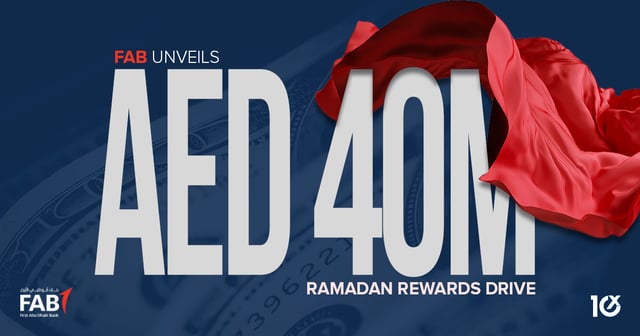One way to build customer loyalty in the offer-obsessed market
I remember when I was very young, Coca Cola (Coke), Pepsi, and even milk used to come in glass bottles. When I’d go to the corner shop, they would take a few rupees as returnable deposit for these bottles.
That changed with the rampant inclusion of plastic.
A few years later, food delivery became commonplace, using a lot more non-recyclable plastic.
Then tech firms joined the business, becoming aggregators or deliverers, lowering prices to increase market share. As competition heated up, we saw offers and discounts becoming commonplace on apps. This continues even today. In fact, the National Restaurant Association of India initiated a #LogOut campaign to encourage businesses to opt out of the Zomato Gold plan.
Here’s the thing: Nobody likes price wars, nor are they a great idea for economic sustainability in the long term, for anyone other than the customers who are possibly saving big.
The global food and beverage industry is allegedly seeing a push to change consumer behaviour. They do not want people to cook anymore, thereby increasing the market for food preparers and deliverers.
Nevertheless, the reality of the current situation is that consumers have become accustomed to huge offers and discounts. To counter this, some of the restaurants have increased prices on their order menus to combat the negative effect of discounts and delivery charges; and customers have noticed.
This is not the case only with the F&B industry, but almost all lifestyle segments.
All of this has made one thing clear: customers are, in most cases, not loyal to brands. And this is an issue for businesses striving to grow.
The one solution with multiple benefits
Milk delivery companies in Colorado, USA, are boosting business in spite of a decline in milk consumption; while restaurants in Canada are gaining a steady stream of orders from repeat customers.
Their secret is simple: reusable containers at an extra charge. Not only are they good for the environment, but are also increasing loyalty and affection for brands.
One of the main reasons why people across the world have started ordering fewer times from restaurants, is the sheer amount of non-recyclable plastic that comes along with the food. Especially Indian cuisine in the UAE whereby each item is packaged in a separate plastic container.
Addressing this, Zomato launched the option for customers to choose not to get plastic cutlery; however, in my personal experience, I have almost always received plastic cutlery in spite of checking the box to not receive them.
That doesn’t solve the problem of single-use containers that add to landfills, greenhouses gases, damage to the environment, and climate change.
Using reusable containers is being proven to increase repeat customers and loyalty to brands as people are becoming more conscious about the impact of their choices on the planet.
This change isn’t easy, it takes time for food delivery platforms or restaurants themselves to introduce this new mechanism into the existing systems.
The hesitation also stems from the lack of experience in this way of working. However, as it has been proven in many instances, F&B businesses in the UAE can definitely benefit from this trend. Pioneers will naturally have the advantage of network effect. The question is, will your company be the one to enable this change?






